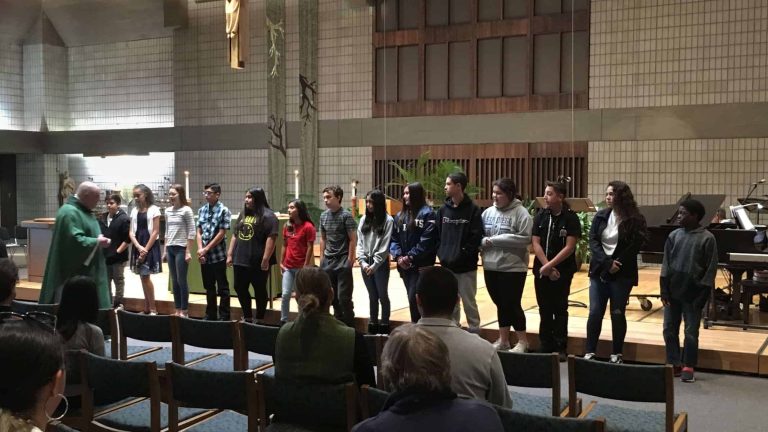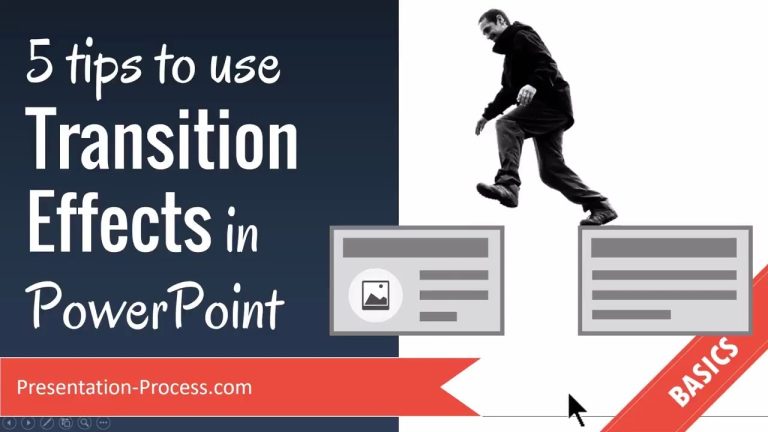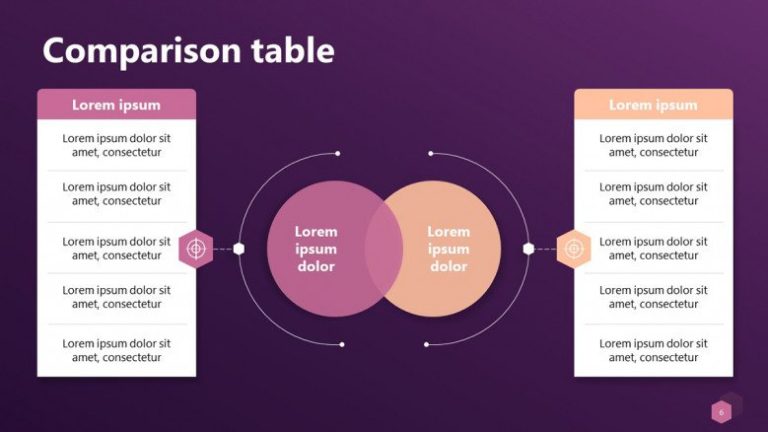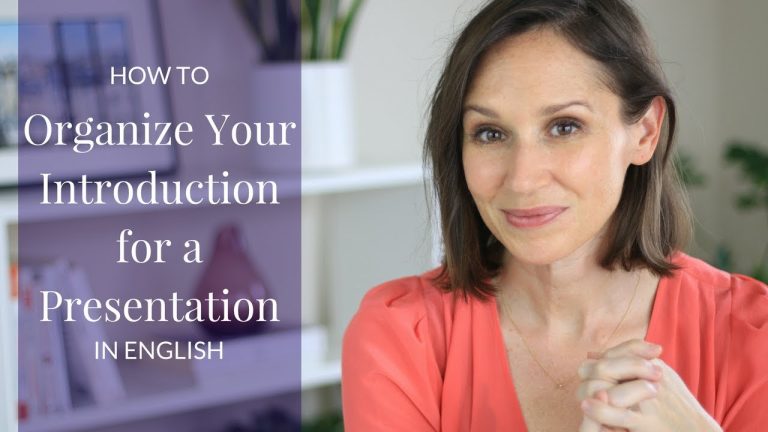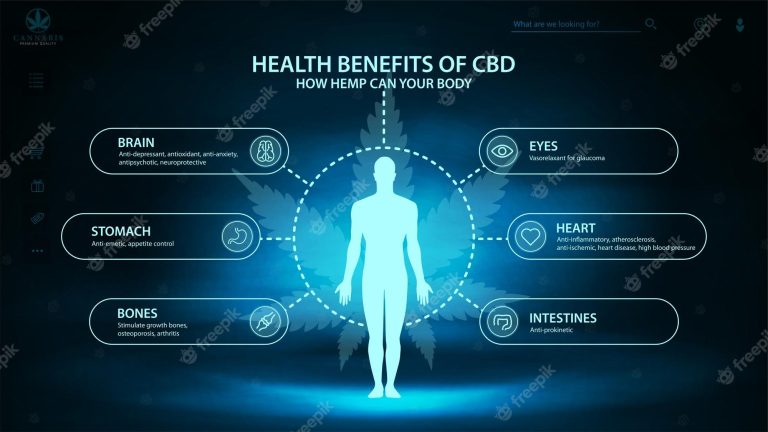How To Prepare For A Conference?
Are you attending a conference soon? Wondering how to make the most out of your experience? Look no further! In this guide, we will provide you with valuable tips and tricks on how to effectively prepare for a conference. From setting clear objectives to networking strategies, we’ve got you covered. So, let’s dive in and get ready to make your conference experience a truly memorable one!
Attending a conference can be both exciting and overwhelming. With so many sessions, speakers, and networking opportunities, it’s important to be well-prepared to maximize your time and make meaningful connections. In this guide, we will break down the steps to help you prepare in the most efficient and effective way. From creating a schedule to researching the speakers, you’ll be equipped with all the tools you need to make the most out of your conference experience. So, get ready to take your conference preparation to the next level!
- Create a detailed agenda for the conference.
- Research the speakers and topics to familiarize yourself.
- Prepare questions or discussion points for networking opportunities.
- Pack essential items like business cards, notepads, and chargers.
- Dress appropriately and professionally for the conference.
- Arrive early to get acquainted with the venue and meet fellow attendees.
- Take notes and engage actively during sessions.
- Follow up with new contacts and reflect on the conference experience.
1. How important is it to prepare for a conference?
Preparing for a conference is crucial for making the most out of the experience. By adequately preparing, you can ensure that you are well-informed, organized, and ready to engage with others. This preparation will allow you to maximize your learning opportunities, network effectively, and contribute meaningfully to the conference discussions and activities.
In order to prepare effectively, start by researching the conference agenda and identifying the sessions, workshops, and speakers that align with your interests and goals. Take note of any specific questions or topics you would like to explore during the conference. Additionally, consider reaching out to other attendees or speakers beforehand to schedule meetings or establish connections.
2. What information should I gather before the conference?
Before the conference, it is essential to gather relevant information to make the most of your experience. Start by familiarizing yourself with the conference theme, objectives, and the overall schedule. Take note of the keynote speakers, presenters, and panelists, as well as their areas of expertise. This will help you identify the sessions that are most valuable to you and ensure you don’t miss any important talks or workshops.
Furthermore, gather information about the venue, including the address, transportation options, and parking facilities. If there are any additional materials or resources provided, such as handouts or conference apps, make sure to download or access them in advance. Finally, take note of any specific requirements or guidelines, such as dress code or session registration, to ensure you are fully prepared.
3. How can I set goals for a conference?
Setting goals for a conference is crucial for making the most out of your experience. Start by identifying what you would like to achieve by attending the conference. This could be gaining knowledge in a specific subject area, networking with industry professionals, or finding potential collaboration opportunities. Once you have set your goals, break them down into actionable steps that you can take during the conference.
For example, if your goal is to network, identify the specific individuals or types of professionals you would like to connect with. Research their backgrounds and prepare questions or discussion topics that can help you engage with them. If your goal is to gain knowledge, prioritize attending sessions or workshops that align with your areas of interest. Take notes during these sessions to ensure you retain the information effectively.
4. How can I make the most of networking opportunities at a conference?
Networking at a conference can be a valuable opportunity for professional growth, collaboration, and building relationships. To make the most of these opportunities, start by preparing your elevator pitch, which is a brief introduction about yourself and your work. This will help you confidently and succinctly share your background and interests with others.
Additionally, be proactive in initiating conversations with other attendees. Approach individuals or groups with a friendly smile and a genuine interest in their work. Ask open-ended questions that encourage meaningful discussions and listen actively to what others have to say. Exchange business cards or contact information with people you connect with, and follow up with them after the conference to maintain the relationship.
5. How can I stay organized during a conference?
Staying organized during a conference is essential to make the most out of the experience. Start by creating a detailed schedule or agenda for each day of the conference. This should include the sessions, workshops, and activities you plan to attend, as well as any breaks or networking opportunities.
Consider using a mobile app or digital tool to keep track of your schedule and take notes during the conference. This will help you stay organized and ensure you don’t miss any important sessions or follow-ups. Keep all necessary materials, such as your conference badge, business cards, and notepads, in a dedicated bag or folder to avoid misplacing them.
6. How can I engage effectively during conference sessions?
Engaging effectively during conference sessions can enhance your learning experience and allow you to contribute to the discussions. Start by actively listening to the speakers or panelists, taking notes as necessary. If there is an opportunity for questions or discussions, be prepared with thoughtful and relevant contributions. This can help you stand out and make valuable connections with both the speakers and other participants.
Furthermore, consider participating in any interactive activities or workshops offered during the session. This can provide hands-on learning experiences and opportunities to collaborate with other attendees. Lastly, make use of technology to engage with the session content. Take pictures of slides or relevant information, and share key takeaways or insights on social media using event hashtags.
7. How can I maintain my energy levels during a conference?
Conferences can be intense and tiring, so it is essential to maintain your energy levels throughout the event. Start by getting enough rest and sleep before the conference to ensure you start off on the right foot. During the conference, make sure to stay hydrated by drinking plenty of water and avoiding excessive caffeine or sugary drinks.
Take regular breaks and use them to stretch, walk around, or find a quiet spot to relax and recharge. Additionally, choose your meals wisely by opting for nutritious options that provide sustainable energy. Pack some healthy snacks to keep you fuelled throughout the day. Lastly, prioritize self-care by practicing deep breathing exercises or mindfulness techniques to manage stress and stay focused.
8. How can I effectively take notes during a conference?
Taking effective notes during a conference can help you retain information and refer back to it later. Start by using a note-taking method that works best for you, whether it’s traditional pen and paper or a digital note-taking app. As you listen to the sessions, focus on capturing key points, main ideas, and any actionable insights or takeaways.
Use abbreviations, symbols, or bullet points to condense the information and make your notes more concise. Consider color-coding your notes or using highlighters to emphasize important points. After each session, take a few minutes to review and summarize your notes, ensuring that they make sense to you and can be easily understood when revisiting them in the future.
9. How can I make the most out of post-conference follow-ups?
Post-conference follow-ups are essential for maintaining connections and capitalizing on the opportunities you encountered during the event. Start by organizing the business cards or contact information you collected and categorize them based on the level of connection or priority. Send personalized emails to individuals you connected with, expressing your gratitude for the conversation and mentioning specific points of discussion.
Consider connecting with them on professional networking platforms such as LinkedIn to stay in touch. Additionally, review your notes and identify any action items or tasks that resulted from the conference. Follow through on these tasks promptly and reach out to individuals or organizations as needed. Finally, consider writing a summary or reflection on the conference and sharing it on your blog or social media, highlighting key insights and takeaways.
10. How can I make my conference experience more memorable and impactful?
Making your conference experience more memorable and impactful requires proactive engagement and intentional actions. Start by actively participating in sessions, workshops, and activities that align with your goals and interests. Ask questions, contribute to discussions, and connect with like-minded individuals.
Additionally, consider sharing your expertise by submitting proposals to present at future conferences or volunteering to be part of panels or workshops. This can help you establish yourself as a thought leader and expand your professional network. Finally, reflect on your conference experience and identify areas for growth or improvement. Use the knowledge and connections gained from the conference to drive positive change in your personal and professional life.
11. How can I leverage social media during a conference?
Social media can be a powerful tool for enhancing your conference experience and expanding your network. Start by following the conference’s official social media accounts and relevant hashtags to stay updated with the latest information and discussions. Engage with posts, share interesting insights, and connect with other attendees.
Consider live-tweeting or posting about the sessions you attend, sharing key takeaways or quotes. This can help you gain visibility and connect with like-minded professionals who are interested in similar topics. Additionally, use social media platforms to reach out to speakers or panelists, express your appreciation, and continue the conversation beyond the conference.
12. How can I make the most out of exhibiting or showcasing at a conference?
If you are exhibiting or showcasing at a conference, it is essential to make the most out of this opportunity to showcase your work or products. Start by designing an eye-catching booth or display that effectively communicates your message or offerings. Consider incorporating interactive elements or demonstrations to engage attendees and make a lasting impression.
Train your team to effectively communicate your key messages and engage with conference participants. Encourage them to actively approach attendees, answer questions, and collect contact information for potential leads. Additionally, consider hosting a presentation or workshop to highlight your expertise and provide valuable insights to the audience. Follow up with interested individuals after the conference to nurture relationships and convert leads into business opportunities.
13. How can I deal with conference overload?
Conference overload can happen when there is an overwhelming amount of information, activities, and interactions. To effectively deal with conference overload, prioritize your sessions and activities based on your goals and interests. Focus on attending high-value sessions and allow yourself breaks in between to process and reflect on the information.
Take advantage of quiet areas or designated relaxation spaces to recharge and decompress. If possible, consider engaging in physical activities such as walking or stretching to release tension and reset your focus. Finally, practice mindfulness techniques such as deep breathing or meditation to manage stress and maintain a sense of calm during the event.
14. How can I overcome networking anxiety at a conference?
Networking anxiety is common, but there are strategies to overcome it and make meaningful connections at a conference. Start by reminding yourself of the value of networking and the potential opportunities it can bring. Set realistic expectations and focus on building genuine connections rather than aiming for quantity.
Approach networking as an opportunity to learn from others and share your own insights. Practice your elevator pitch and prepare some icebreaker questions to help initiate conversations. Remember that most attendees are also looking to network, so don’t hesitate to approach others and start a conversation. Lastly, take breaks when needed to recharge and manage any feelings of anxiety or overwhelm.
15. How can I make my conference experience more inclusive?
Creating an inclusive conference experience involves providing an environment where everyone feels welcome, respected, and valued. Start by ensuring that diverse perspectives are represented in the conference program, including speakers, panelists, and workshop facilitators from various backgrounds.
Consider offering accessible features such as sign language interpreters, closed captioning, or wheelchair accessibility to accommodate attendees with different needs. Promote a safe and respectful environment by establishing and enforcing a code of conduct that discourages any form of discrimination or harassment.
Encourage diverse voices and perspectives during discussions and actively listen to others’ experiences and viewpoints. Additionally, provide opportunities for attendees to share feedback and suggestions on how to improve the inclusivity of future conferences.
16. How can I balance attending sessions and networking at a conference?
Balancing attending sessions and networking is crucial for making the most out of a conference. Start by identifying the sessions or workshops that are most valuable to you and prioritize attending those. Take note of any must-see speakers or panels, and plan your schedule accordingly.
Allocate specific time slots for networking, whether it’s during breaks, meals, or dedicated networking sessions. Be strategic in selecting who you want to connect with and use these opportunities to engage in meaningful conversations. Don’t be afraid to politely excuse yourself from a conversation to attend a session if it aligns with your goals.
Remember that networking can also happen during sessions, workshops, or even during informal gatherings. Strike a balance between engaging with the content and actively seeking out networking opportunities to make the most of both aspects of the conference.
17. How can I make a positive impression during a conference?
Making a positive impression during a conference can help you build valuable connections and leave a lasting impact on others. Start by dressing professionally and appropriately for the conference, as this can contribute to the initial impression you make. Maintain good posture, make eye contact, and greet others with a friendly and confident demeanor.
During conversations, actively listen to others, show genuine interest in their work, and ask thoughtful questions. Be present and attentive, avoiding distractions such as checking your phone or looking around the room. Additionally, be respectful and considerate of others’ opinions and viewpoints, and engage in discussions with an open mind.
Finally, follow up with individuals you connected with, expressing your gratitude for their time and the insights they shared. Personalize your follow-up messages and mention specific points from your conversation to demonstrate your attentiveness and interest.
18. How can I navigate a large conference venue effectively?
Navigating a large conference venue can be overwhelming, but with some preparation and organization, you can do it effectively. Start by familiarizing yourself with the venue layout before the conference. Look for maps or floor plans provided by the organizers and identify key areas such as session rooms, restrooms, and food and beverage stations.
Consider using navigation apps or tools on your phone to help you find your way around the venue. If there are multiple session tracks or parallel sessions, prioritize the ones you want to attend and plan your route accordingly. Arrive early to familiarize yourself with the space and avoid rushing between sessions.
Additionally, keep an eye out for signage or volunteers who can provide directions or answer any questions you may have. Don’t hesitate to ask for assistance if needed. Being prepared and organized will help you navigate the conference venue more efficiently and make the most of your time.
19. How can I make the most out of conference breaks and social events?
Conference breaks and social events provide valuable opportunities for informal networking, connecting with others, and taking a break from the formal sessions. To make the most out of these occasions, be proactive in approaching others and initiating conversations. Look for groups of people or individuals who seem open to engaging with others and join in.
Use these breaks to network, exchange ideas, and learn from others’ experiences. Be an active listener and show genuine interest in others’ work or insights. It’s also important to strike a balance between networking and taking breaks to recharge. Use these moments to relax, reflect on the conference content, or simply enjoy the social atmosphere.
Finally, don’t shy away from attending social events such as dinners or receptions. These events provide additional networking opportunities in a more relaxed setting. Engage in conversations, be open to meeting new people, and follow up with individuals you connect with to continue building relationships beyond the conference.
20. How can I continue my professional development after the conference?
Continuing your professional development after a conference is essential for applying the knowledge and insights gained during the event. Start by reviewing and organizing your conference notes, identifying key takeaways, and summarizing them for future reference.
Consider sharing your learnings with colleagues or your professional network through presentations, blog posts, or social media updates. This not only helps reinforce your understanding but also contributes to your personal brand and visibility within your industry.
Identify any action items or tasks resulting from the conference and create an action plan to follow through on them. This may include implementing new strategies or ideas, reaching out to individuals for collaboration, or seeking additional resources or training to further develop your skills.
Lastly, stay engaged with the conference community by joining relevant professional associations or attending future conferences. This will help you stay up-to-date with the latest trends and opportunities in your industry and continue nurturing valuable connections made during the conference.
Meeting Preparation [LEAD EFFECTIVE BUSINESS MEETINGS]
In conclusion, preparing for a conference is a crucial step in ensuring a successful and productive experience. By following these tips and suggestions, you can make the most out of your conference attendance.
Firstly, it is essential to plan and organize your schedule beforehand. Take the time to research the conference agenda and identify the sessions and workshops that align with your interests and goals. By mapping out your itinerary, you can ensure that you make the most of your time and avoid missing out on valuable opportunities.
Secondly, networking plays a crucial role in conferences. Be proactive in reaching out to fellow attendees and speakers. Engage in meaningful conversations and exchange contact information. Building connections can lead to new collaborations, partnerships, and even future career opportunities.
Lastly, don’t forget to take care of yourself during the conference. Conferences can be overwhelming, so it’s important to prioritize self-care. Get enough rest, stay hydrated, and take breaks when needed. By taking care of your well-being, you will be able to fully engage and absorb the valuable insights and knowledge shared during the conference.
In conclusion, preparing for a conference involves careful planning, effective networking, and prioritizing self-care. By following these guidelines, you can make the most of your conference experience and maximize the benefits gained from attending such events. Remember, preparation is key to success!
